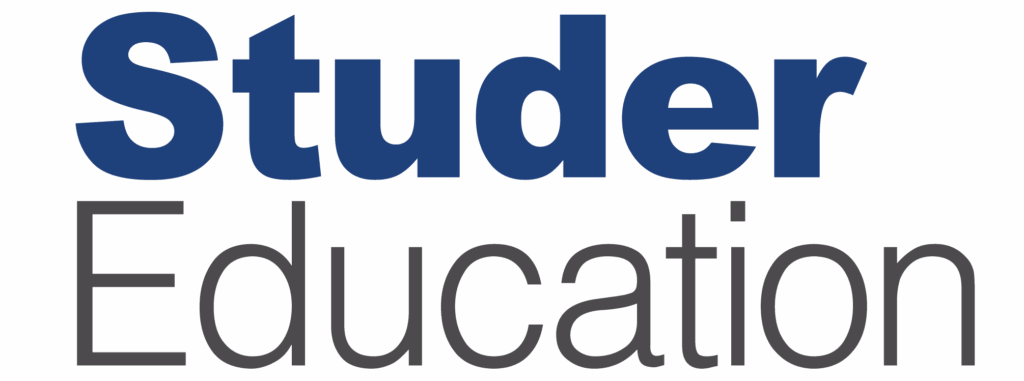Recently, Dr. Janet Pilcher participated in a podcast hosted by Dr. Brendan Kelly, University of West Georgia President, called Off the Cuff. Dr. Kelly is featured in the second chapter of Janet's newly released book “Hardwiring Excellence in Education.” In today's episode of the Accelerate Your Performance podcast, we share the recording of their conversation. Listen now to discover how Janet applies the Nine Principles in her work and partnerships, the connection that makes her work worthwhile, and how her newly released book can benefit leaders, regardless of their position in an organization.
Episode 304
Story Behind the Story: Hardwiring Excellence in Education
Recently, Dr. Janet Pilcher participated in a podcast hosted by Dr. Brendan Kelly, University of West Georgia President, called Off the Cuff. Dr. Kelly is featured in the second chapter of Janet's newly released book "Hardwiring Excellence in Education." In today's episode of the Accelerate Your Performance podcast, we share the recording of their conversation.
Listen Now
Hosts

Janet Pilcher
President, Studer Education
About the Episode

- Key leadership strategies for driving organizational excellence
- Practical tactics to engage and develop your team
- Insights to accelerate continuous improvement
Pillar 1: Aim High to Achieve Excellence
Pillar 9: Continuously Improve to Achieve Success
More Like This
Browse AllWant to bring books to your team?
We support districts with bulk ordering options, reading guides, and professional learning plans built around our published content. Our books offer a shared language for system-wide alignment, whether for a leadership retreat, professional learning series, or district-wide initiative.
























